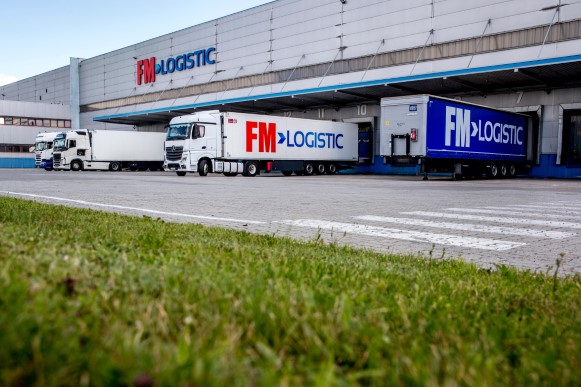On October 23, 2024
Packing List: Its importance in transport
In the logistics field, efficient document management is key to the success of any transport operation. At FM Logistic, as experts in freight forwarding services, we understand…

On October 23, 2024
In the logistics field, efficient document management is key to the success of any transport operation. At FM Logistic, as experts in freight forwarding services, we understand…
In the logistics field, efficient document management is key to the success of any transport operation. At FM Logistic, as experts in freight forwarding services, we understand that proper document control facilitates the smooth movement of goods and ensures better traceability of shipments. One of the essential documents in this process is the packing list, whose role is fundamental in land logistics.
Packing list, also known as lista de empaque, is a document that details information about the contents of a shipment. In land transport, which is one of FM Logistic’s main services, this document provides an accurate description of the products being transported, from the number of boxes to the weight and volume of each one. This list is essential for both logistics operators and consignees, as it facilitates control and verification of the goods at all times.
Although there is no standard template for the creation of the packing list, this document must comply with the requirements established by the European Commission’s European Marketplace. The exporter is free to structure it according to his own criteria, as long as it includes the necessary information to guarantee the correct transport of the goods.
The information that a packing list should contain is as follows:

In the field of logistics and international trade, there are several documents that play a crucial role in the export and transportation process. Some of the most relevant ones include:
In addition to the documents that facilitate the export, it is also essential to have those that are indispensable for the transportation of the goods:
These documents are essential to ensure that the goods reach their destination efficiently, complying with the legal and customs regulations of each country. At FM Logistic, we specialize in the management of all the necessary documentation so that the freight forwarding service is agile and safe. If you need more information, do not hesitate to explore our services.
How can we help you ?
What are you looking for?
Fill in the form